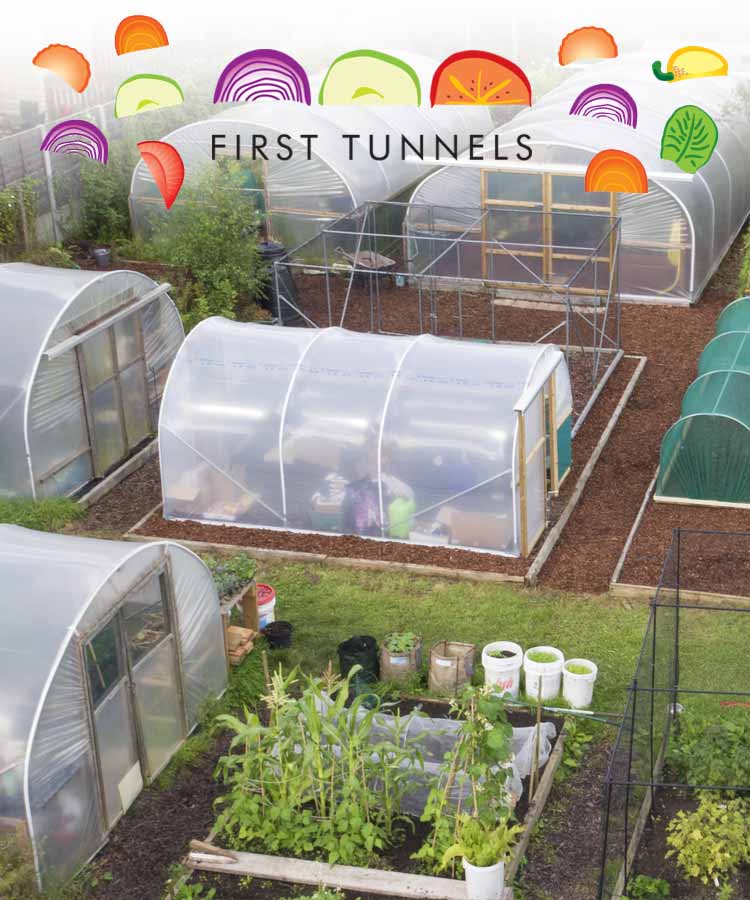By now, we should all understand how important it is for the next generation to feel a connection with the natural world, to be raised as respectful and considerate guardians for our planet. It is only when people feel a connection with the natural world around them that they do their very best to protect it and preserve it or even enhance it for generations to come. For this reason, it is vitally important that we teach children how to interact with nature and live sustainably at a young age, so they can develop skills and habits that will last throughout their lives. Introducing children to polytunnel gardening is one way to do just that.
Children need to learn practical skills for sustainable living – gardening, cooking, and other skills that you can pass on. But gardening should be introduced is such a way that it seems like fun, not like school work. A polytunnel could be the perfect place for the whole family to have fun and garden together.
If you have children, it is a good idea to think about them when planning your polytunnel. Think about creating growing areas that are as easy for them to reach and work as they are for you. Consider tools that can be used by little hands as easily as big ones. It is also important to make sure that your garden is safe. Make sure young children are never left unsupervised around ponds or other water, keep dangerous implements out of reach, and make sure children are not tempted to try to eat any poisonous plants. With a little common sense, your polytunnel can be a safe and inspiring place for your kids to play and learn.
Think about what features you could include in your polytunnel to make gardening for enticing for younger children. How about creating a den for them to play in – the structure could also form vertical garden structures.
It is also a good idea to choose crops carefully. Swift growing plants and those which are easy to grow are better for keeping and holding young children's attention. Plant strawberries and sow some lovely garden peas – both of these are common favourites with young children and eating food they have helped to grow will teach them the connection between the Earth and the food on their plates. Salads are also easy and can be quite quick – and some edible flowers would brighten things up a bit.
There are plenty of ways to enthuse young children about gardening – but your own enthusiasm and hard work to grow your family's food would provide the best possible example.
